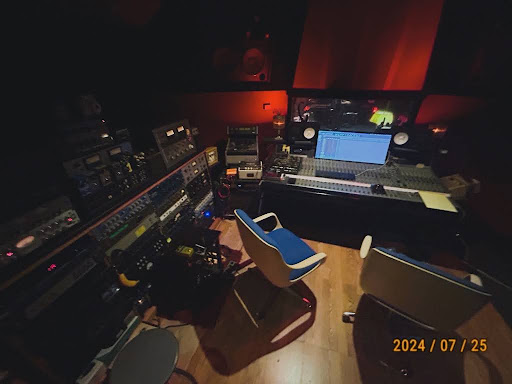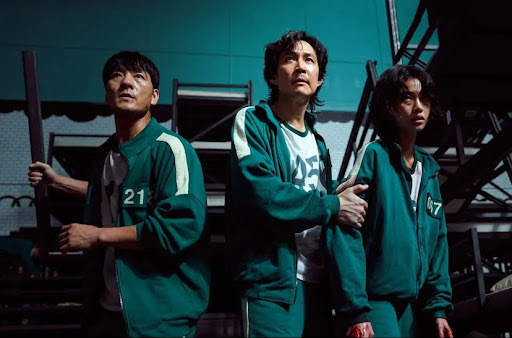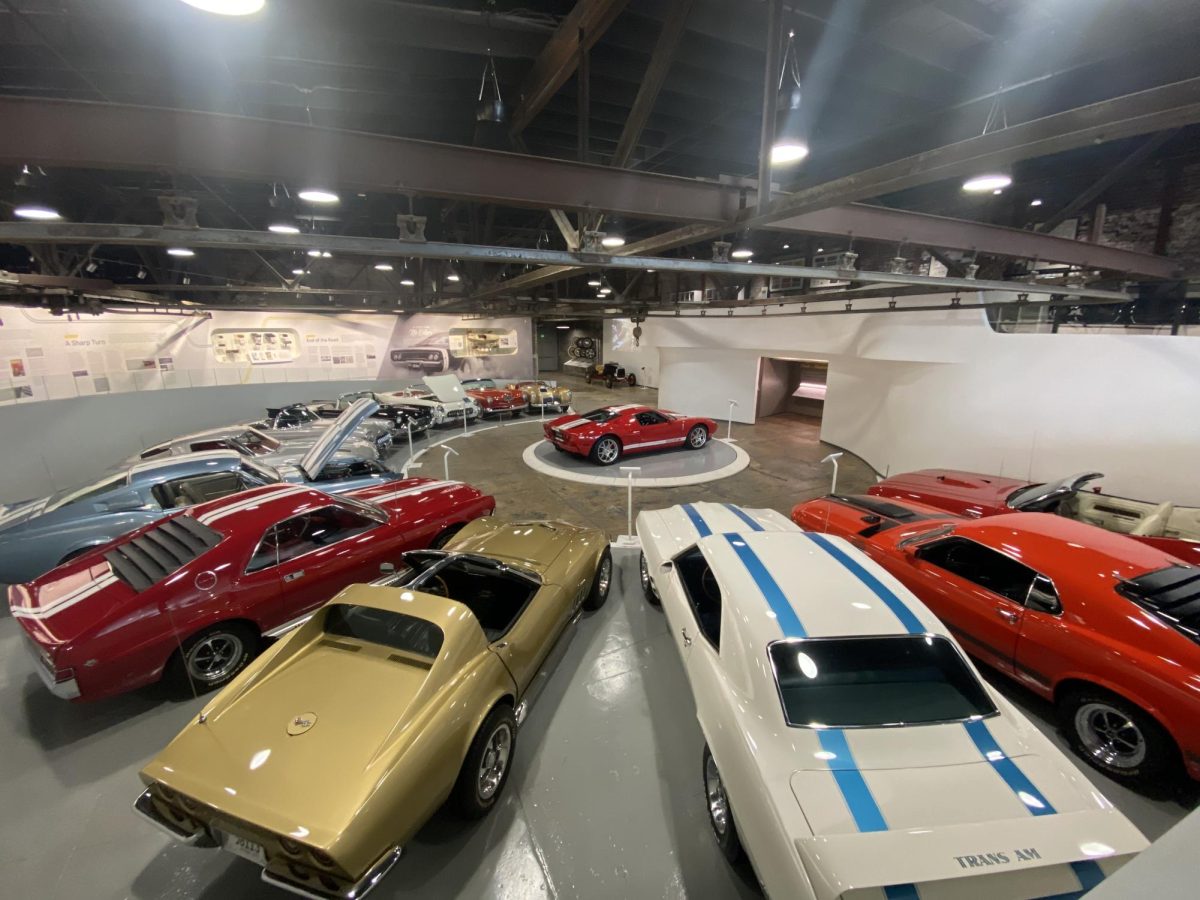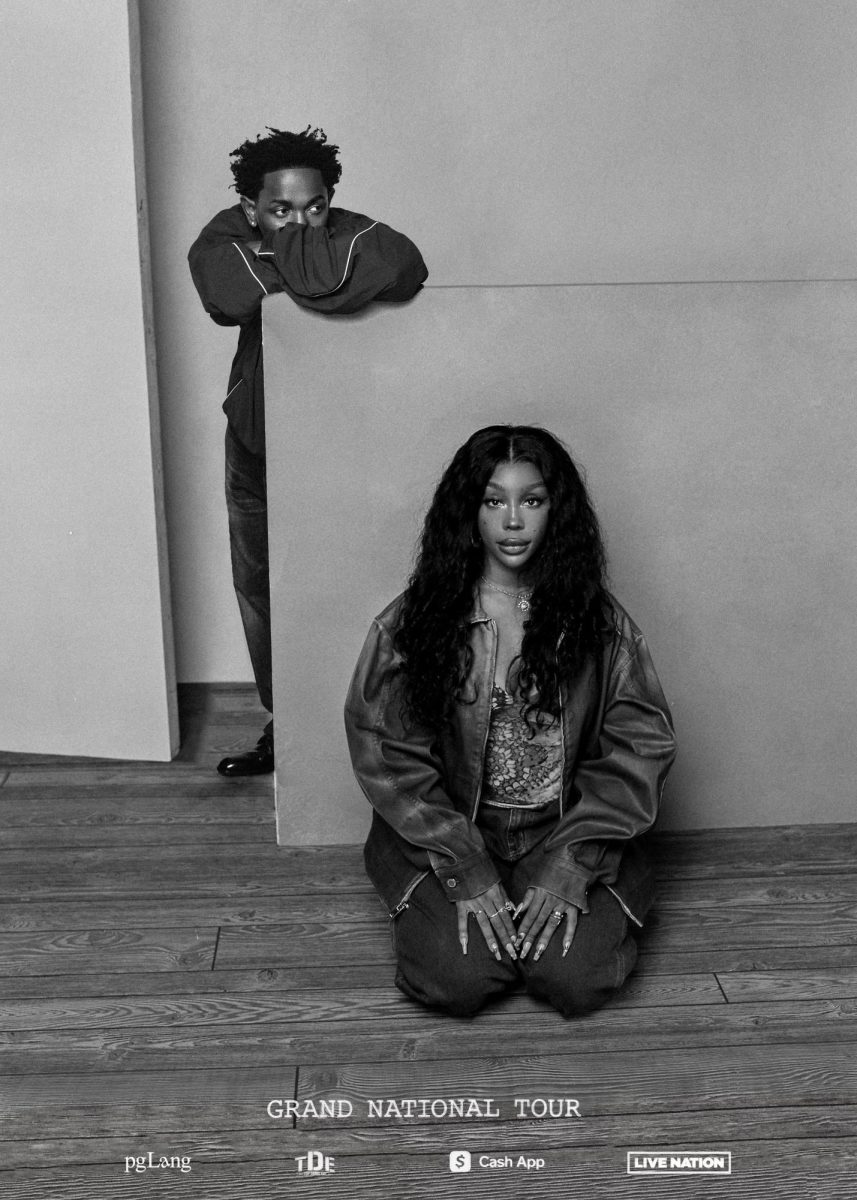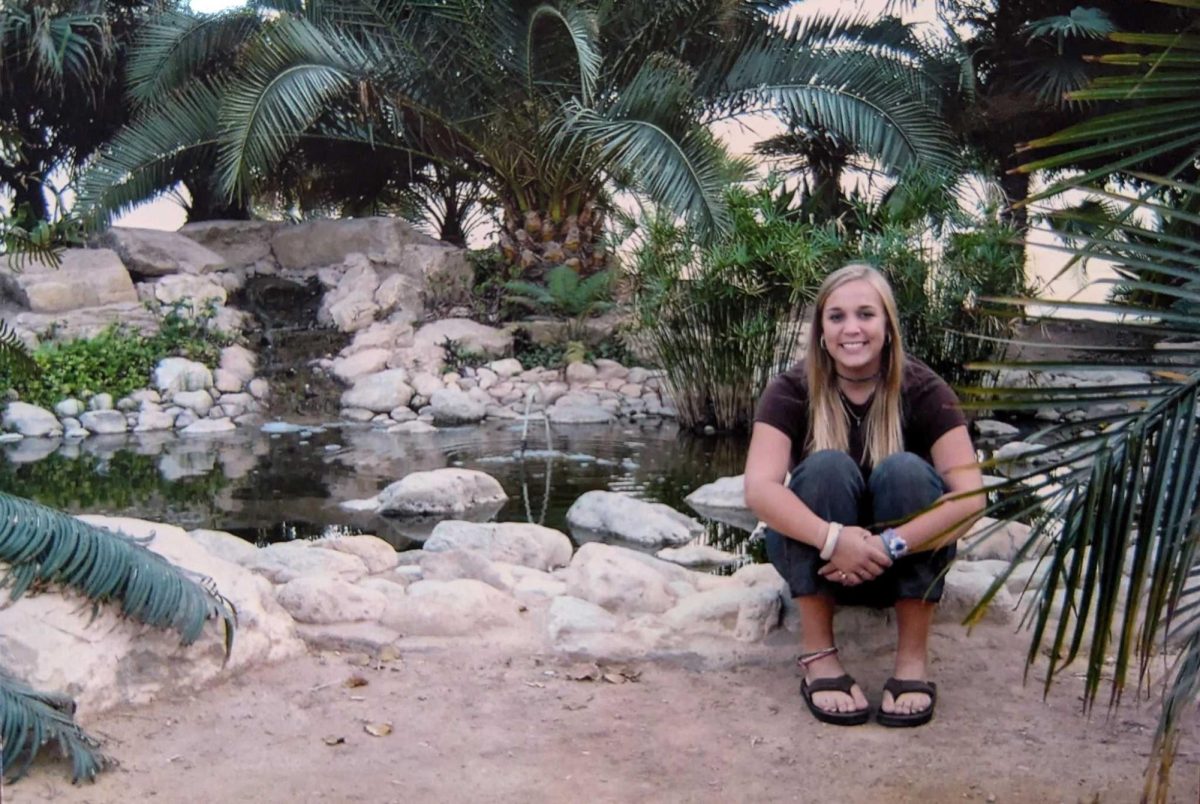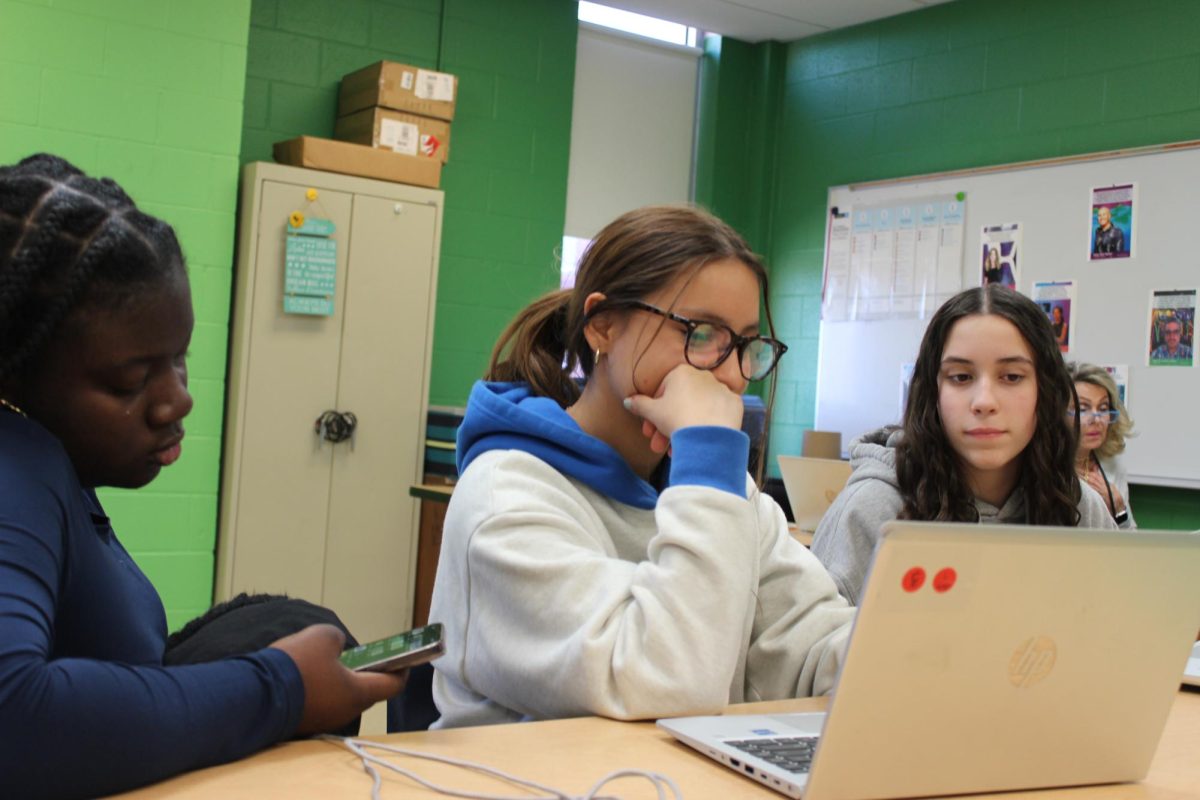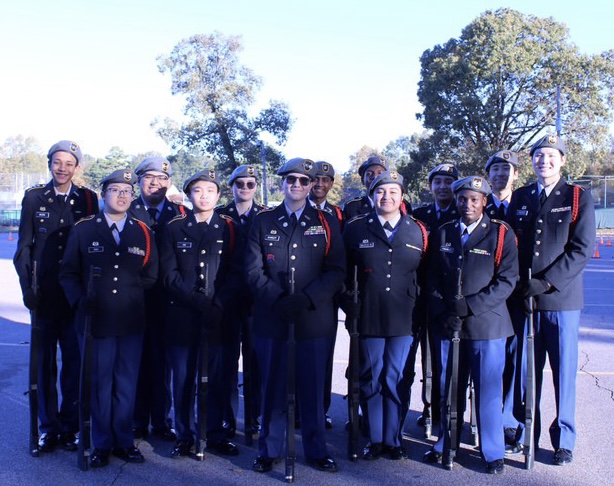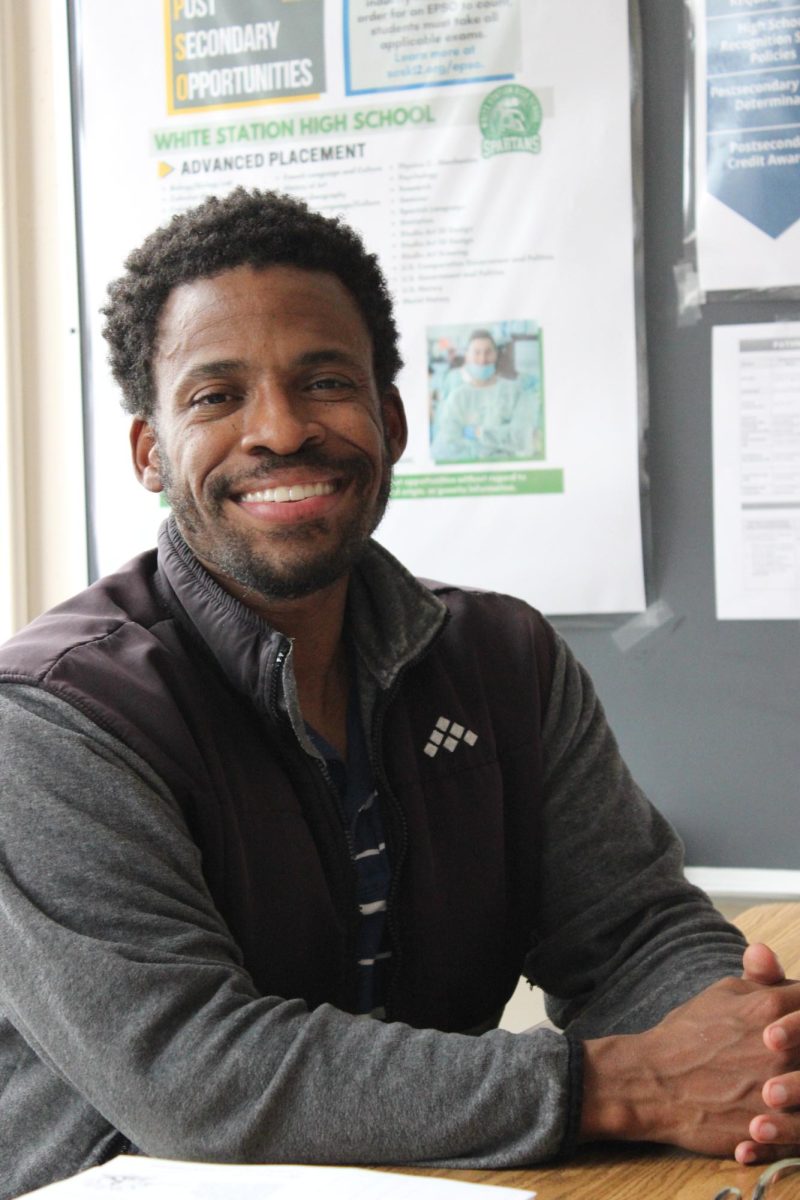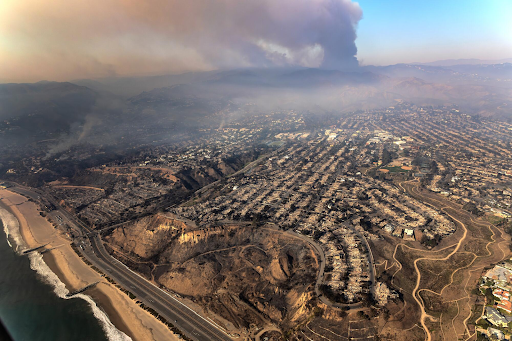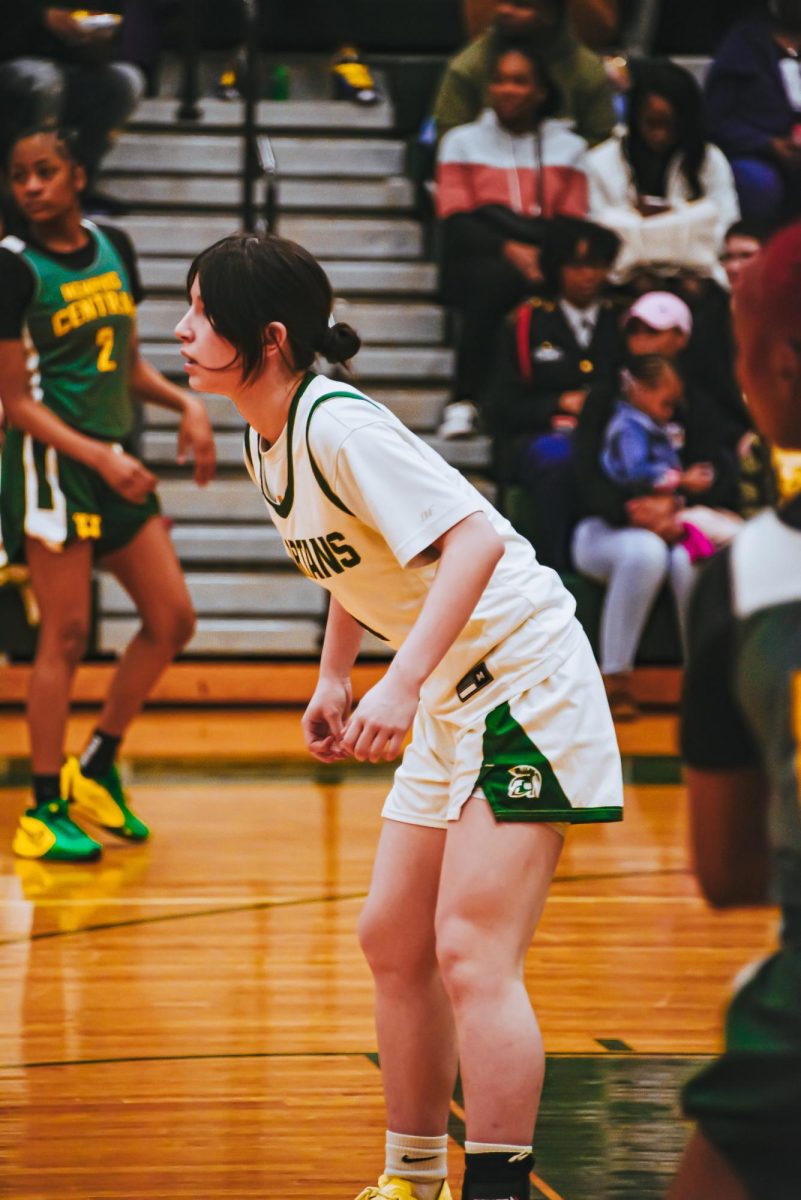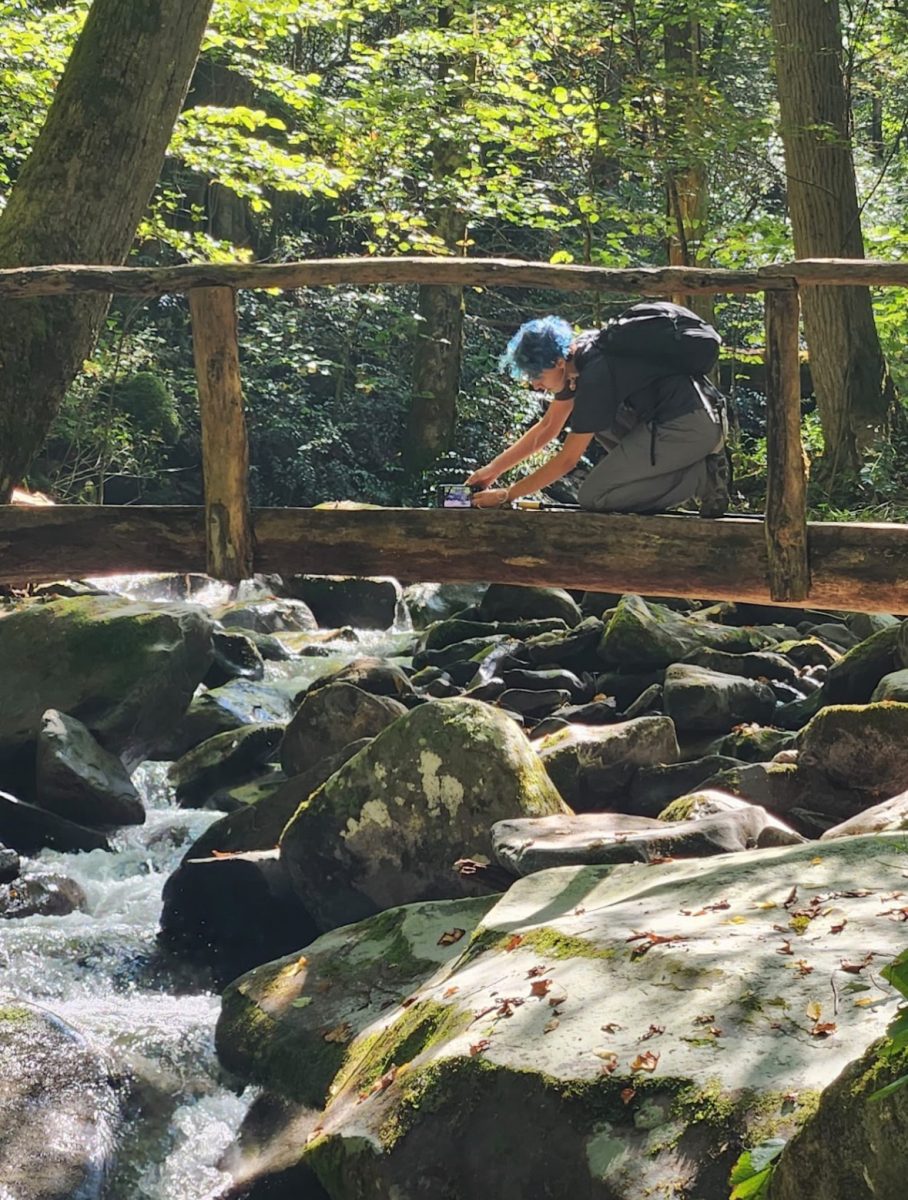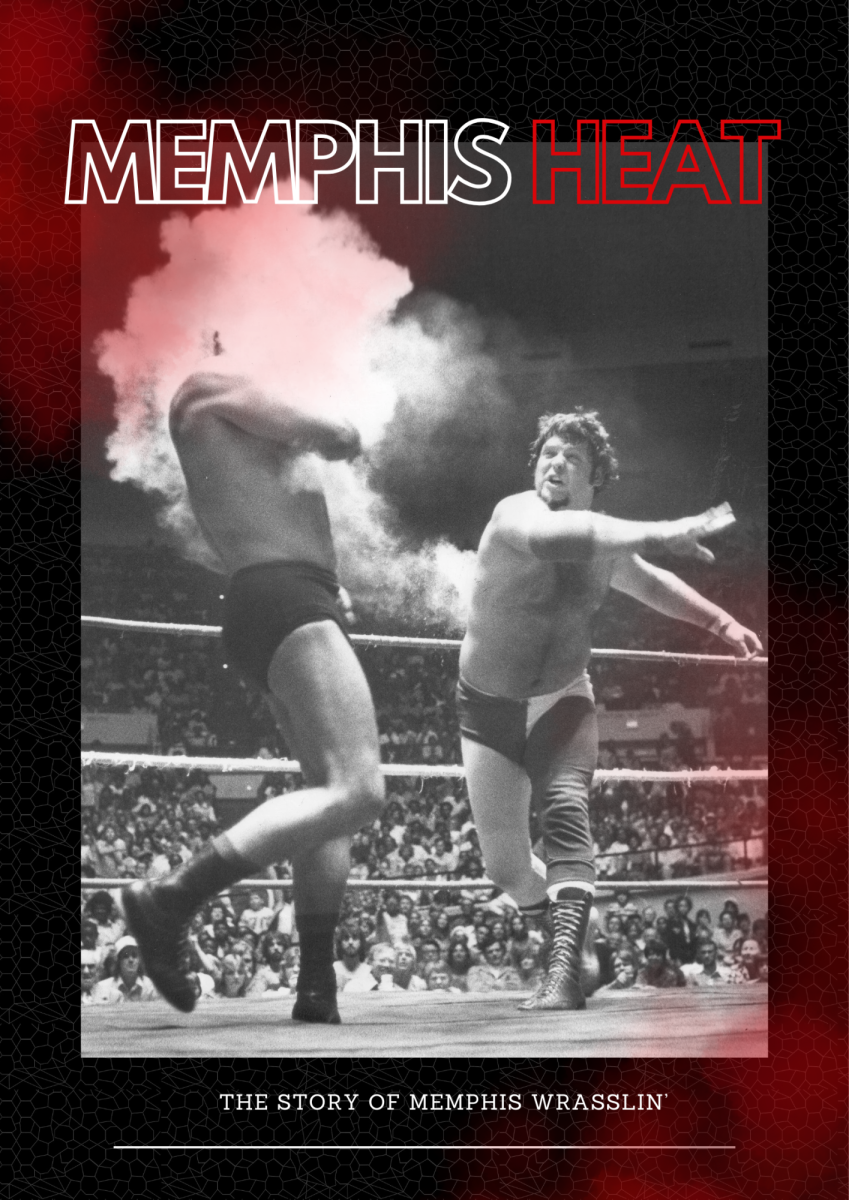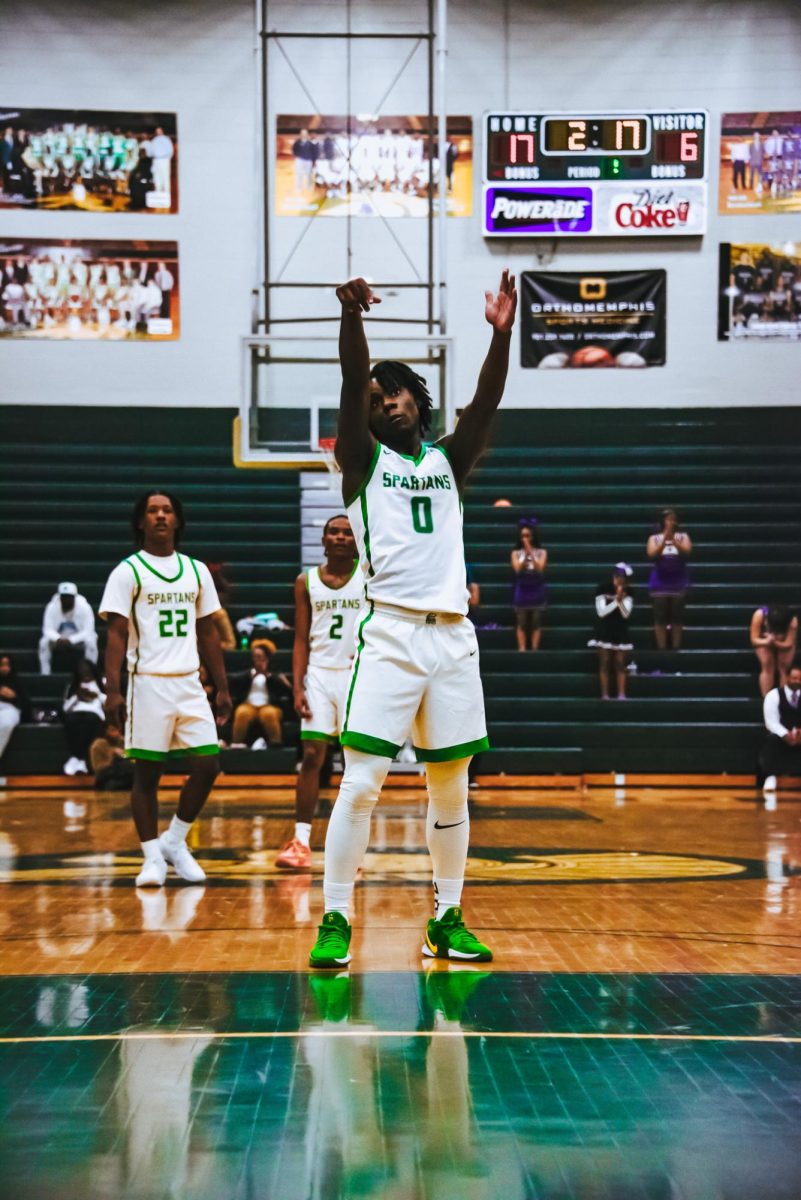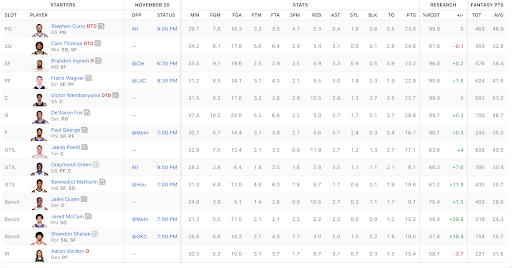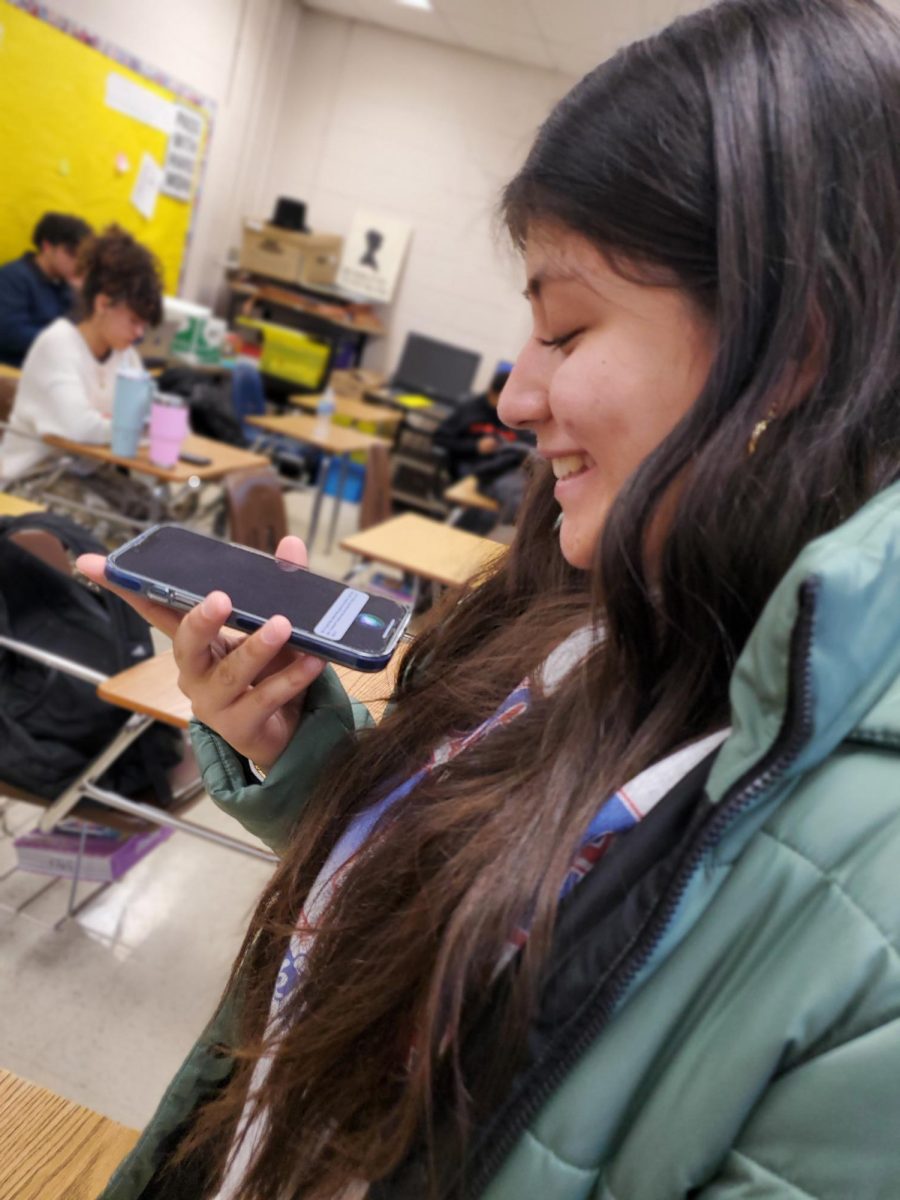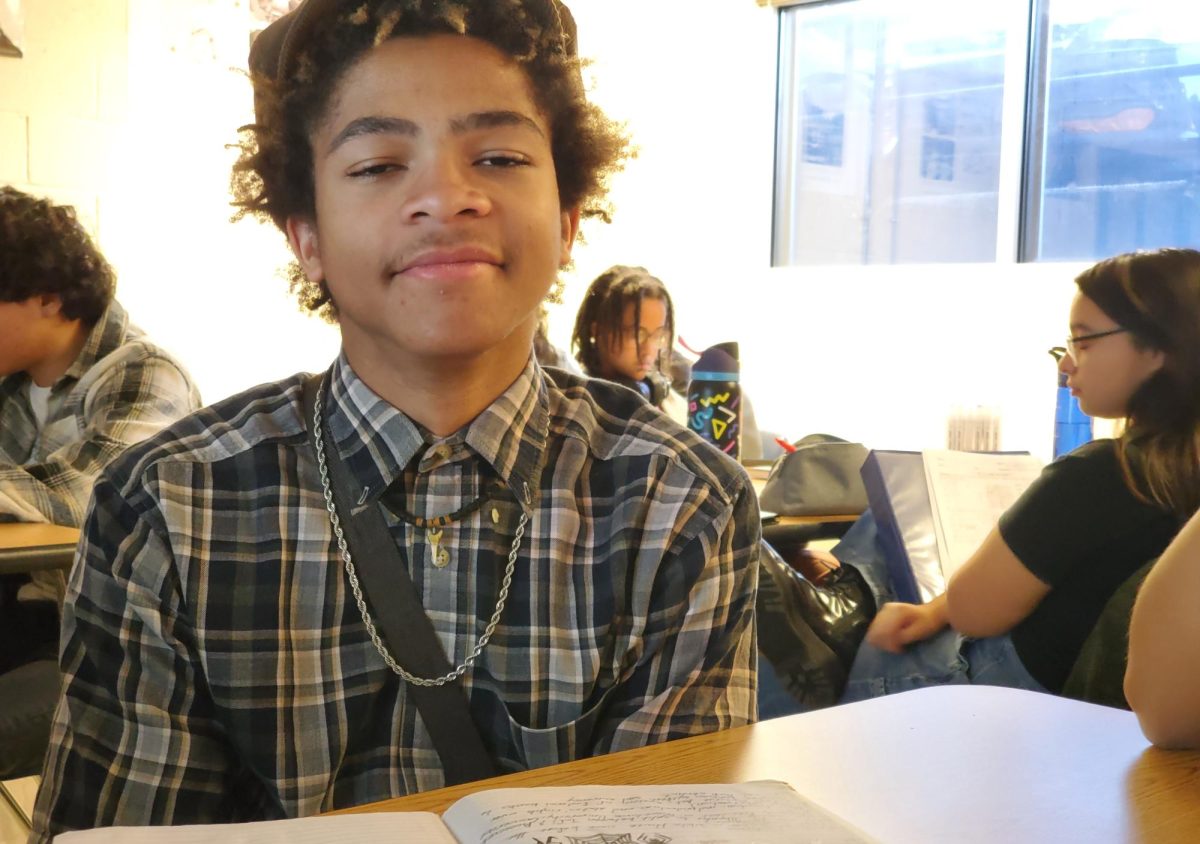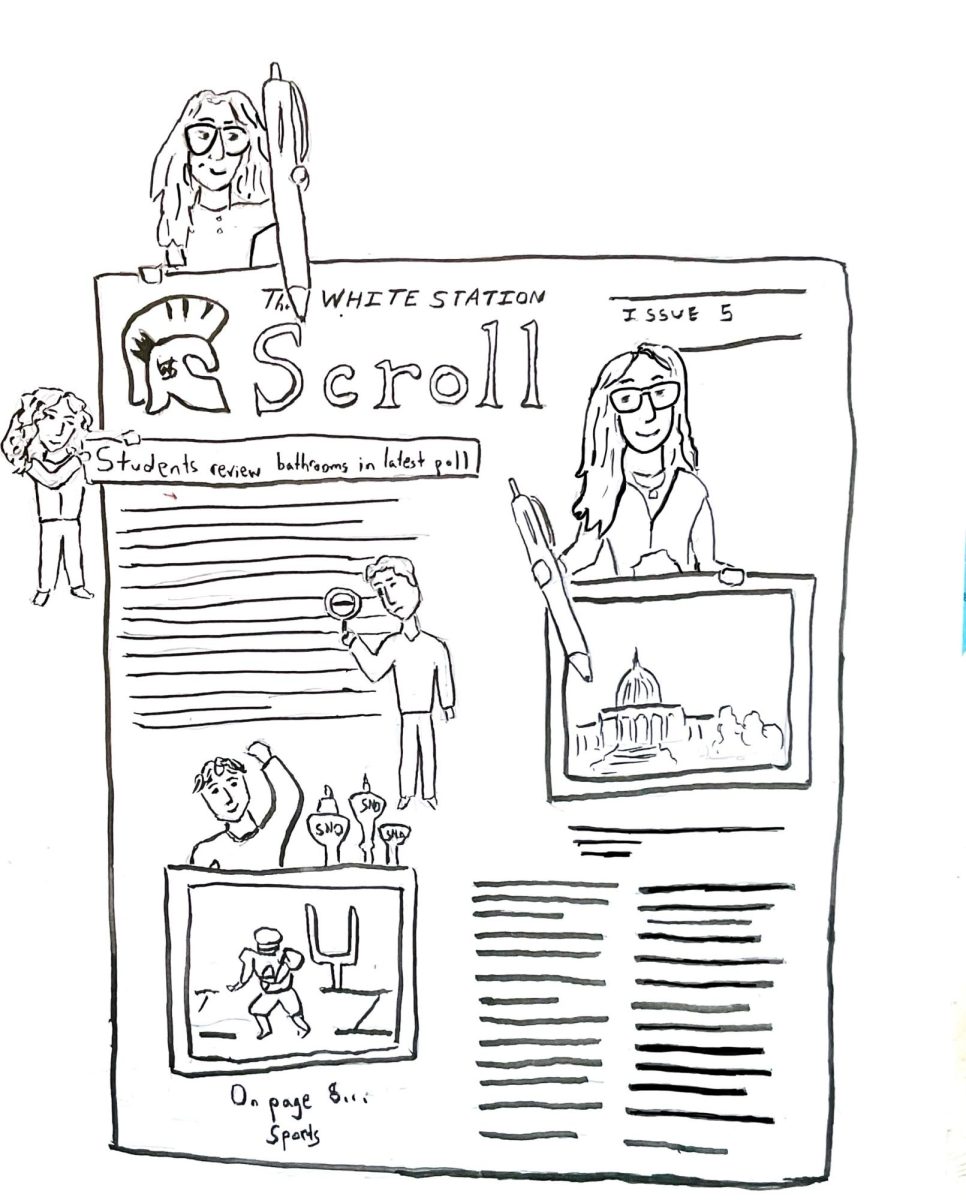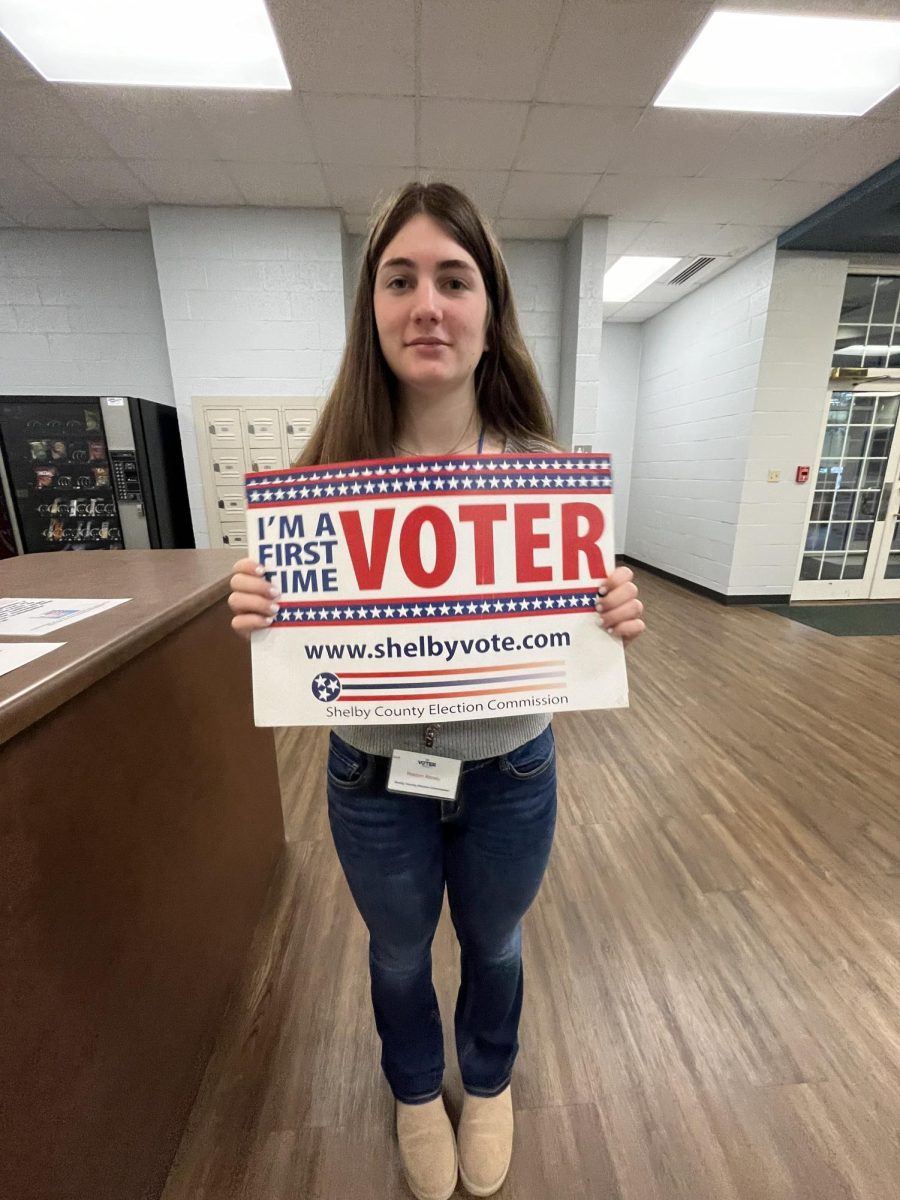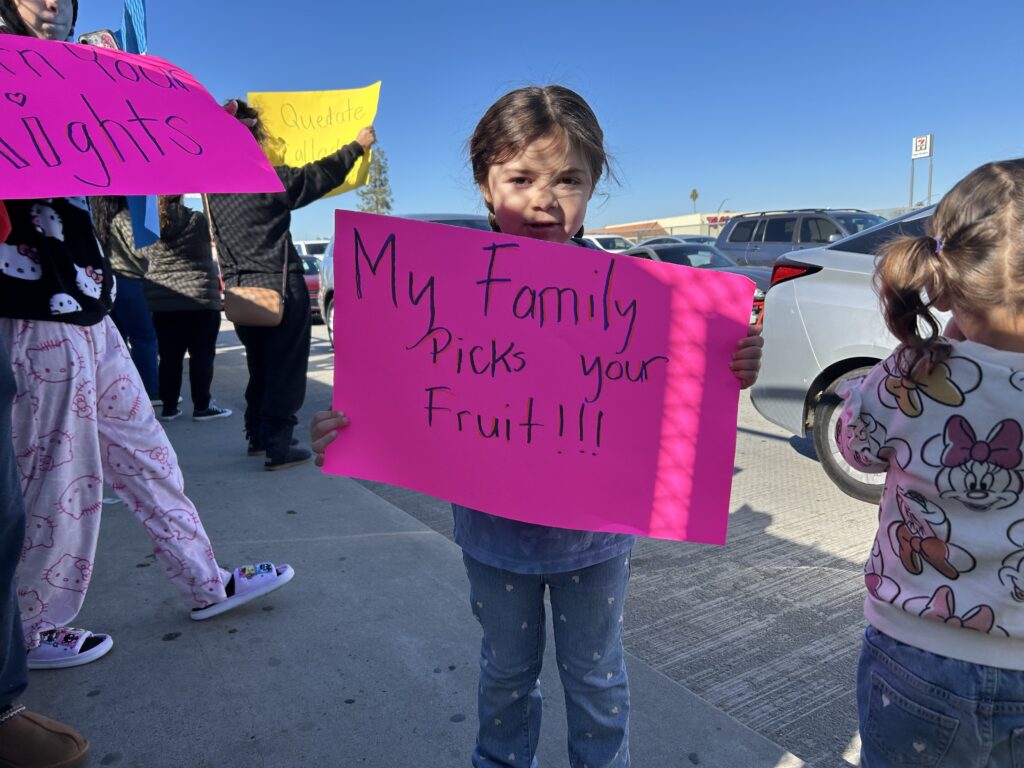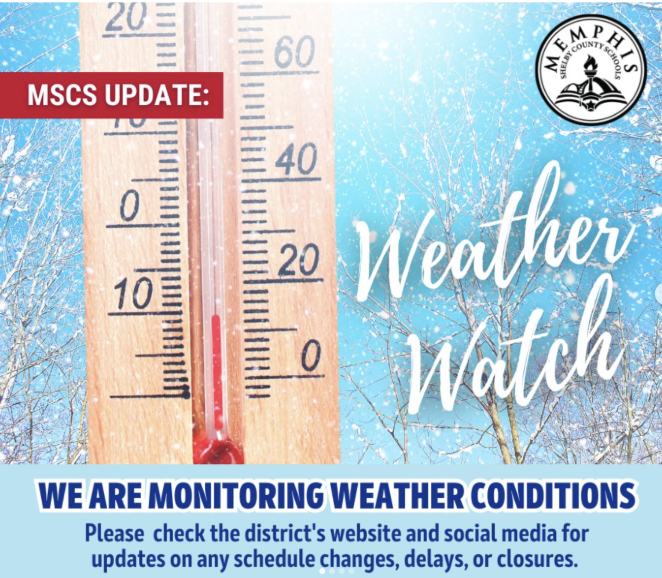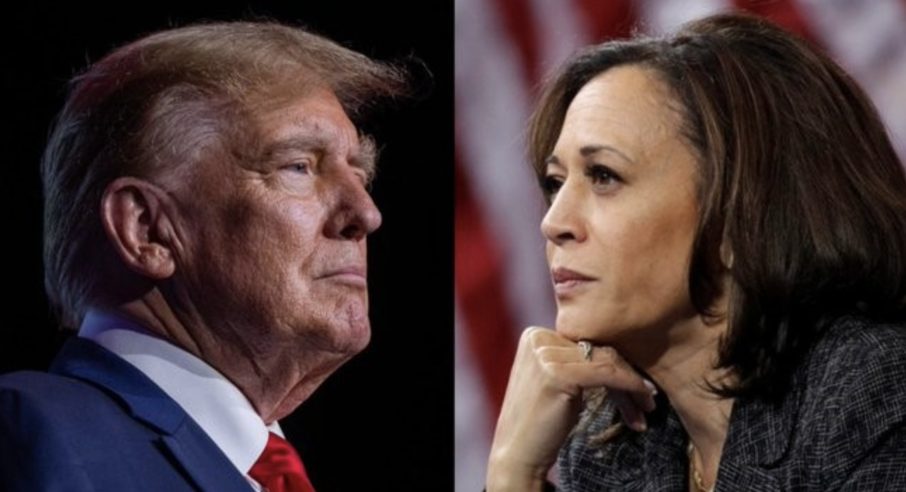The next four years of the United States lie in the hands of a thin paper ballot ready to cause mayhem depending on the pencil that marks its surface. Yet with every vote, whether red or blue, lies a set of feet essential to the process—a set of feet that maintains the integrity of the democratic voting process. While most shoes that cover these feet are old and more traditional, others are the newest pair of Nike, Adidas or Crocs. The people who inhabit these shoes for 12-13 hours, working to ensure every vote counts, are teenagers ages 17 to 18.
“I felt this was a good experience to have; I thought I was going to be a part of something important,” Aidan Farris (12) said. “This was a very big election and important in our country. To be a part of that and say that I worked in this election is a good thing to say I did.”
Student poll workers worked from 6 a.m. to around 6:30 p.m. on Election Day — a 12-hour shift that most Memphis-Shelby County Schools students have never encountered. Before students could start their poll working duties, they had to attend mandatory training to learn how to work the poll pads, fill out a ballot or void one if it had inaccurate information. While the journey to becoming a poll worker consisted of one mandatory training session, working the election polls provided many individuals their first chance at a real job. For a person to work the election polls in Shelby County, they must be at least 17 years old or registered to vote if they are 18 or older. A poll worker’s job primarily consists of scanning votes, explaining how to mark ballots to voters or counting votes. Student workers were mainly tasked with greeting voters, passing out stickers and guiding voters to an open ballot station.
“They trained us on each job that we might have to take up and any complications that might come along with it,” Farris said. “It was a lot of keeping track of things that are very important to the voting process.”
Even though their primary job was simple compared to adult workers, students were able to interact with their adult colleagues and gain advice for college. Many students shared their future plans or interests with their adult poll workers, garnering knowledge about how to survive on their own in a few months.
“I liked talking to [the adults] because they asked all about my life and I learned all about theirs,” Paxson Abney (12) said. “At least 10 know exactly where I’m going to college … how I’m preparing and what I plan to do after college. They were so sweet.”
While there were some positive interactions, other student poll workers encountered voters with varying beliefs. Farris encountered a voter who wrote his own name on the ballot instead of marking one of the listed candidates. Though the average person votes red or blue in an election, the United States democratic setup allows voters to cast a write-in, a name a voter writes in that does not appear on the ballot. The purpose of a write-in is to provide voting freedom for those who oppose both candidates, yet it is usually a wasted vote as it will not count toward the presidency.
“This one man, when I showed him to the machine, he went ‘Hey bro, can I vote for myself?’ and I said ‘Yeah, you can; you can write it in,’” Farris said. “I didn’t think he was serious [but] I looked back over and he was typing his name in.”
Many students participated in the election process because of the monetary gain: $210 plus $45 for the mandatory training. Others participated because of the importance of the 2024 election. Unlike other elections, the two candidates for this election held two distinct opposing beliefs that would change the flow of the United States, no matter who made it to 270 first. However, the winning candidate left numerous student poll workers feeling as if their efforts went to waste.
“Being at the age where I can understand what is really going on in the elections and seeing how the electoral college determines everything … I understand why people are upset,” Farris said. “I was upset too, seeing the results of the electoral college, but if you have that right to vote, you should use it.”
Historically, Tennessee has been a red state since George W. Bush’s 2000 presidential election. Yet many students felt that if they were a part of the voting process, Tennessee would have a chance of turning blue. Although Tennessee remained a red state for the 2024 election, Memphis was a blue city. Most students working in election precincts were not old enough to vote, but they still wanted to help the United States pick the president they felt would best lead America. Even though the election results did not align with several individuals’ beliefs, poll work taught students how to endure long hours and interact with people with varying values and views from what they are accustomed to.
“I absolutely think everyone eligible should [vote],” Abney said. “This is your country; this is your fight. I think you should be a part of it. I had the time of my life [as a poll worker]. A lot of people had bad experiences [but] I loved it. I got to talk about my life. I got to be a part of something, work with other people and we each had our own unique story to tell. It was really a blessing to work there.”



